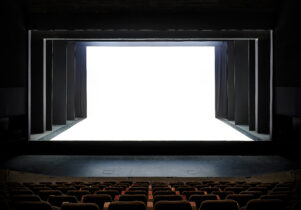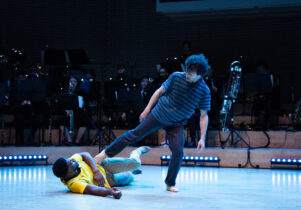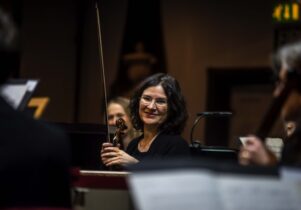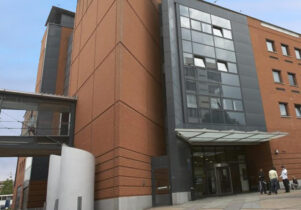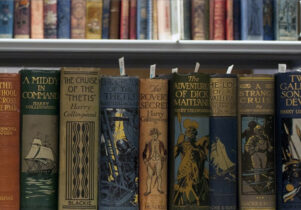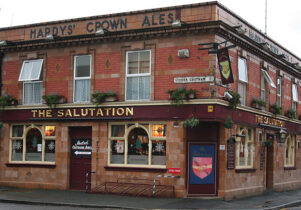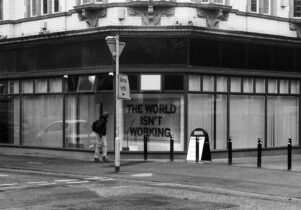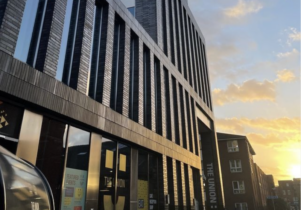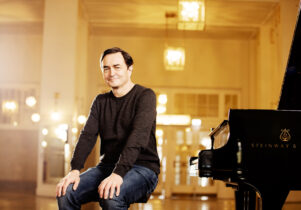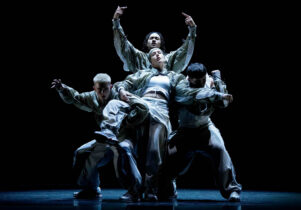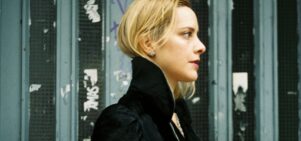Britten: Owen Wingrave at the RNCM
Johnny James, Managing Editor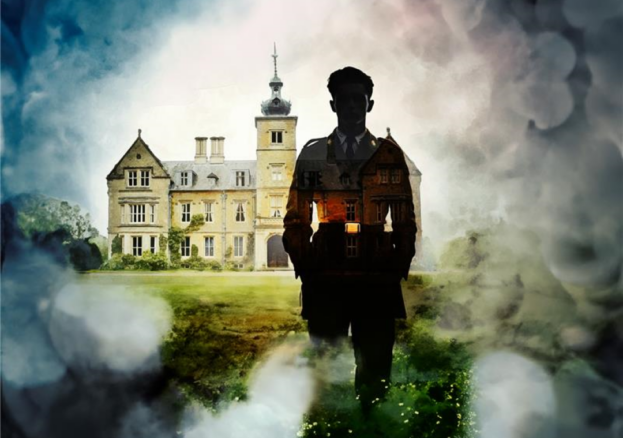
Can one act of defiance shatter generations of tradition, or will history always find a way to repeat itself? Benjamin Britten’s Owen Wingrave grapples with this question in a tale that feels as relevant in 2025 as it did five decades ago.
Commissioned by the BBC – at the insistence of Sir David Attenborough, no less – Owen Wingrave premiered as a television opera in 1971. It was Britten’s second exploration of Henry James’ works, following the success of The Turn of the Screw. While that opera leant into the supernatural, Owen Wingrave draws its tension from the living: a family bound by militaristic pride, a young man determined to break free, and the inescapable weight of ancestral expectations.
We follow Owen, a young man from a distinguished military family, whose rigid traditions he defies in favour of pacifism. The consequences? Isolation, humiliation, and an untimely, mysterious death. At the heart of the story lies Paramore, the Wingrave family’s country estate, where tragedy seems written into the walls. Spectres stalk the halls, reflecting the internal struggles that haunt Owen as he resists his family’s condemnation.
Against a backdrop of ceaseless conflicts around the globe, the questions the opera poses feel strikingly relevant today. Can cycles of violence and militarism ever be broken? To what extent can individual action change things? The opera also resonates with wider contemporary conversations around the struggle for autonomy and personal choice, the psychological impacts of societal pressures, and the stigma surrounding mental health.
Bringing these themes to life is a team of students and professional creatives, including director Orpha Phelan and conductor Rory Macdonald – both internationally acclaimed. This is not only a unique opportunity for the students involved, but an exciting proposition for audiences. Smaller scale productions like this tend to bring a raw energy that’s difficult to match on a larger stage – something more easily immersive and dynamic. To have this raw energy shaped by the likes of Phelan and Macdonald should make for something very powerful.
With an intimate, almost claustrophobic quality, Britten’s score often acts as an extension of the characters’ psychological states, with subtle shifts in mood capturing the tension between inner conviction and external pressures. Full of sinister urgency and lyrical beauty, two highlights come in Act II: The Ballad Singer, which recounts the chilling history of the house, and Owen’s pivotal ‘Peace aria’, an elegant and intense revelation of Owen’s lonely, yet resolute, faith in peace.
With its dark themes and psychological complexity, it’s a thought-provoking opera that requires the kind of nuance that Orpha Phelan and Rory Macdonald will no doubt bring. The work’s exploration of youthful rebellion against traditional power, meanwhile, seems ideal for the largely student cast of the RNCM Opera.
It’s sure to be a highlight of the College’s packed Spring Season, which you can read more about here.
